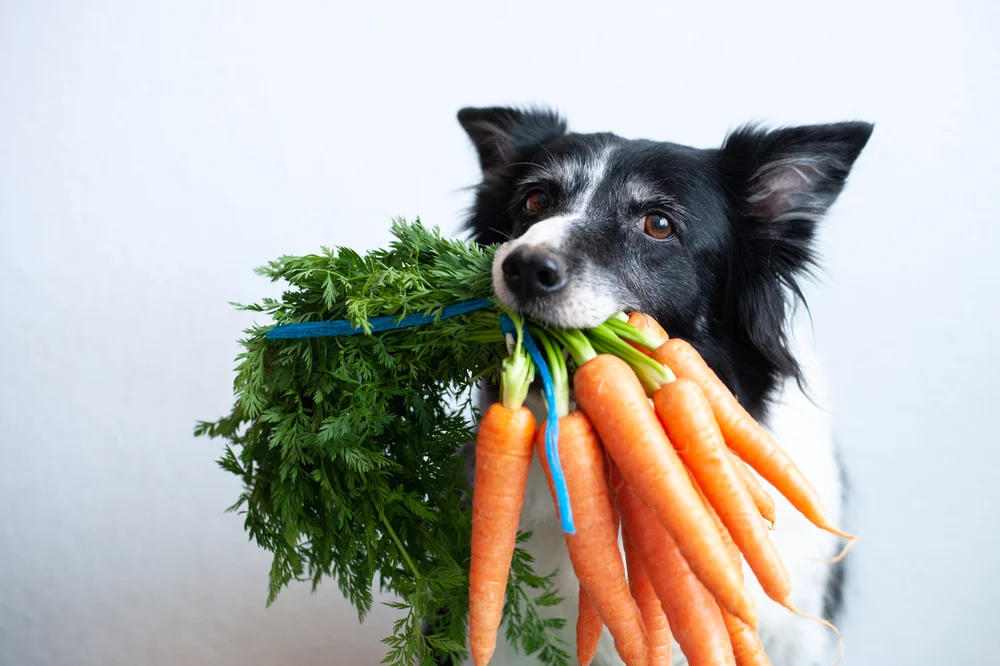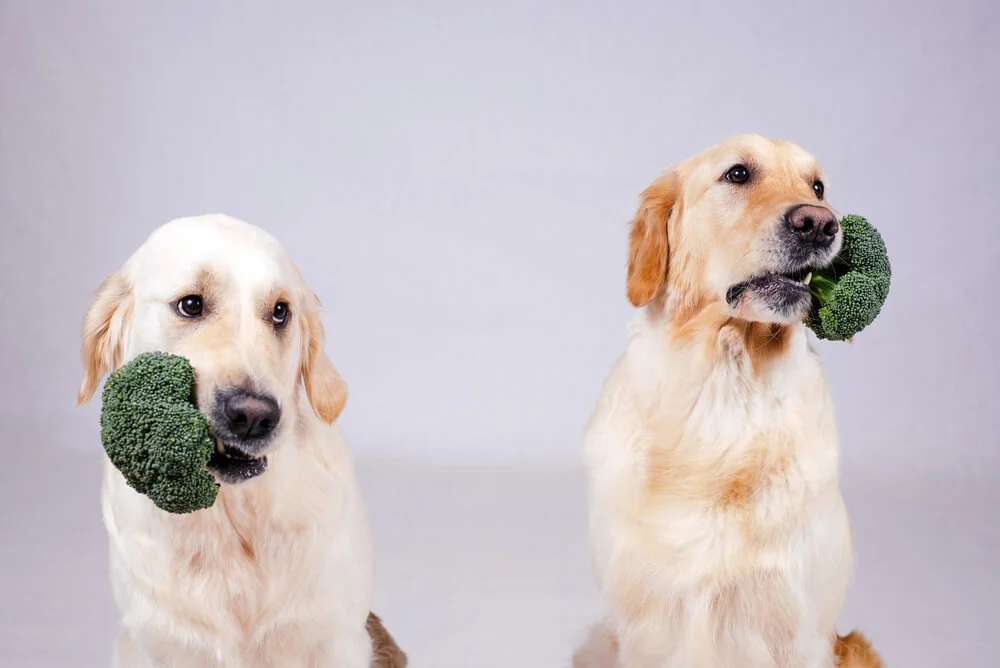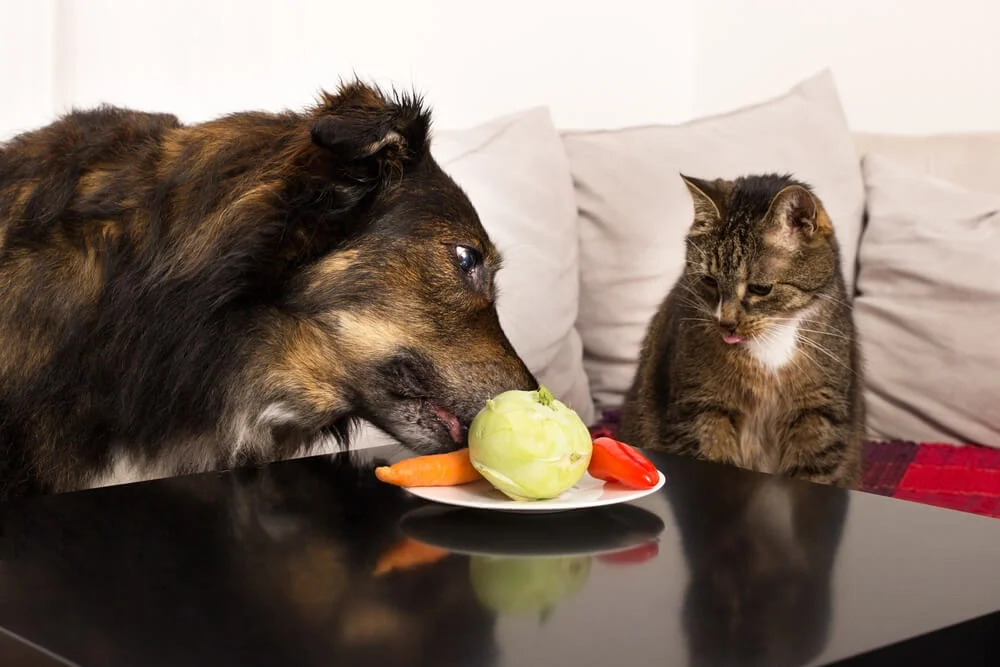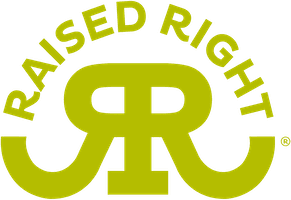
Vegetables are a healthy part of any human diet and most of us try to include as much as we can in our everyday meals. So if they’re healthy for us, does that mean that they’re healthy for our canine companions? Some vegetables are healthy and nutritious for dogs while others could cause serious harm. Some vegetables make the ideal healthy treat or a nutritious addition to your dog’s daily meals. We’ll discuss this in more detail now and tell you everything that you need to know.
What Vegetables Can Dogs Eat?
Dogs can eat a variety of vegetables but certain vegetables can be harmful. So what vegetables are safe for dogs to eat? Some examples of vegetables that are safe but also offer numerous nutritional benefits are listed below;
Carrots
Carrots are a great source of fiber and beta-carotene (which converts to vitamin A). Vitamin A helps to support normal vision. They also contain vitamin K, potassium, and antioxidants.
Broccoli
Broccoli contains lots of vitamins; A, B, C, D, E, and K. It also contains lots of fiber, antioxidants, and lutein (a nutrient to promote healthy eyes and heart).
Green Beans
Green beans are an excellent source of fiber, protein, iron, calcium, and vitamins A, C, K, and B6.
Celery
Celery is an excellent source of fiber, folate, potassium, manganese, and vitamins A, C, and K.
Spinach
Spinach is a highly nutritious food containing iron, antioxidants, beta-carotene, and vitamins A, B, C, and K.
Beets
Beets are a good source of fiber, folate, manganese, potassium, calcium, and vitamin C.

Some vegetables are healthy and nutritious for dogs while others could cause serious harm.
What Vegetables Can Dogs NOT Eat?
We’ve discussed the vegetables that are healthy and even highly nutritious for dogs to eat, but what about vegetables that could be harmful or even toxic to our canines?
Vegetables that might cause serious harm if ingested mainly belong to the Allium family. These include onions, garlic, chive, and leek. In small amounts, they can cause a gastrointestinal (tummy) upset and in more severe cases they can damage our dog’s red blood cells and cause severe anemia which can be fatal.
Even though we’re talking about vegetables in this article, it’s worth noting that some fruits are also harmful and should be avoided. Namely cherries and any fruits related to them. Their pits, stems, and leaves contain cyanide which is extremely poisonous. It can prove fatal in some cases. Instead, explore alternatives such as blueberries and cranberries.
Cook or Not to Cook?
Now that you know what vegetables are safe and nutritious for your dog to eat, you might be wondering how to serve them to your dog. Raw or Cooked? If cooked, by what method of cooking?
Well don’t worry, there are many ways of preparing vegetables for your dog that are safe and healthy. We avoid overcooking if possible as overcooking can remove many of the vitamins and nutrients in the food. Roasting and frying are also options but they’re best avoided if possible as they often require the addition of fat or oils to prevent the vegetables from sticking to the pan.
Boiling is a safe method but sometimes, especially if over-boiled; some of the nutrients can be lost in the cooking water. Avoid over boiling and use just enough water to cover the vegetables. Boiling vegetables (similarly to boiling chicken) and blending these into a soup is a good way of keeping the water that the vegetables were boiled in, which contains a lot of nutrients.
Steaming is an ideal option as it gently cooks the vegetables and helps them retain a lot of the nutrients in the food. As water isn’t used, it avoids losing nutrients in the water and doesn’t need the addition of oil or fat.
Feeding vegetables raw is another way to serve your dog vegetables. The addition of a raw carrot or pumpkin instead of a daily treat for example is a healthy and reliable method to help a dog lose weight. However in general cooking the vegetables a bit makes the food easier for the dog to eat and more palatable. For example, raw beets would be extremely difficult for a dog to eat and could even cause a choking hazard. For this reason, it would be recommended to cook the vegetables before feeding them to your dog.

Steaming is an ideal option as it gently cooks the vegetables and helps them retain a lot of the nutrients in the food.
How Many Vegetables Can They Eat?
Vegetables are great to use as a healthy, low-fat treat option or added to your dog’s meals. Many complete & balanced dog foods already contain a certain amount of vegetables.
If you’re adding vegetables to your dog’s diet, add them slowly and in small amounts initially to avoid any tummy upsets. Vegetables can be given daily as treats e.g. a carrot a day or as approximately 10% of your dog’s meals.
Vegetables to Help Weight Loss
Vegetables are ideal foods to feed dogs that need to eat healthier and lose some weight. They’re a low-fat healthy option and are full of vitamins and minerals. Ask your veterinarian for advice on how to incorporate vegetables into your dog’s diet to aid weight loss and a healthy lifestyle.
Conclusion
Yes, dogs can eat vegetables and they’re full of nutritional goodness for our canines. Certain vegetables like garlic, onions, chives, and leeks should be avoided as they can cause mild-severe illness depending on the quantities ingested. Stick to vegetables that are recommended and consult with your vet if your dog has specific food requirements or conditions that might be affected by diet change. Cook the vegetables by steaming if possible as this retains a lot of the nutrients in the food and makes it taste yummy. Your pooch will enjoy it!
FAQs:
What vegetables can dogs eat every day?
Dogs can eat a variety of vegetables e.g. carrots, broccoli, green beans, etc. They should be eaten in moderation and make up approximately 10% of your dog’s meal.
What vegetables are not good to give dogs?
Vegetables belonging to the Allium family should be avoided. These include garlic, onions, chive, and leeks. They can cause severe illness in dogs.
What happens if you feed your dog vegetables?
Vegetables like carrots, broccoli, and green beans are healthy foods to feed your dog. Avoid feeding garlic, onions, chives, and leeks as these can be harmful to your dog.



